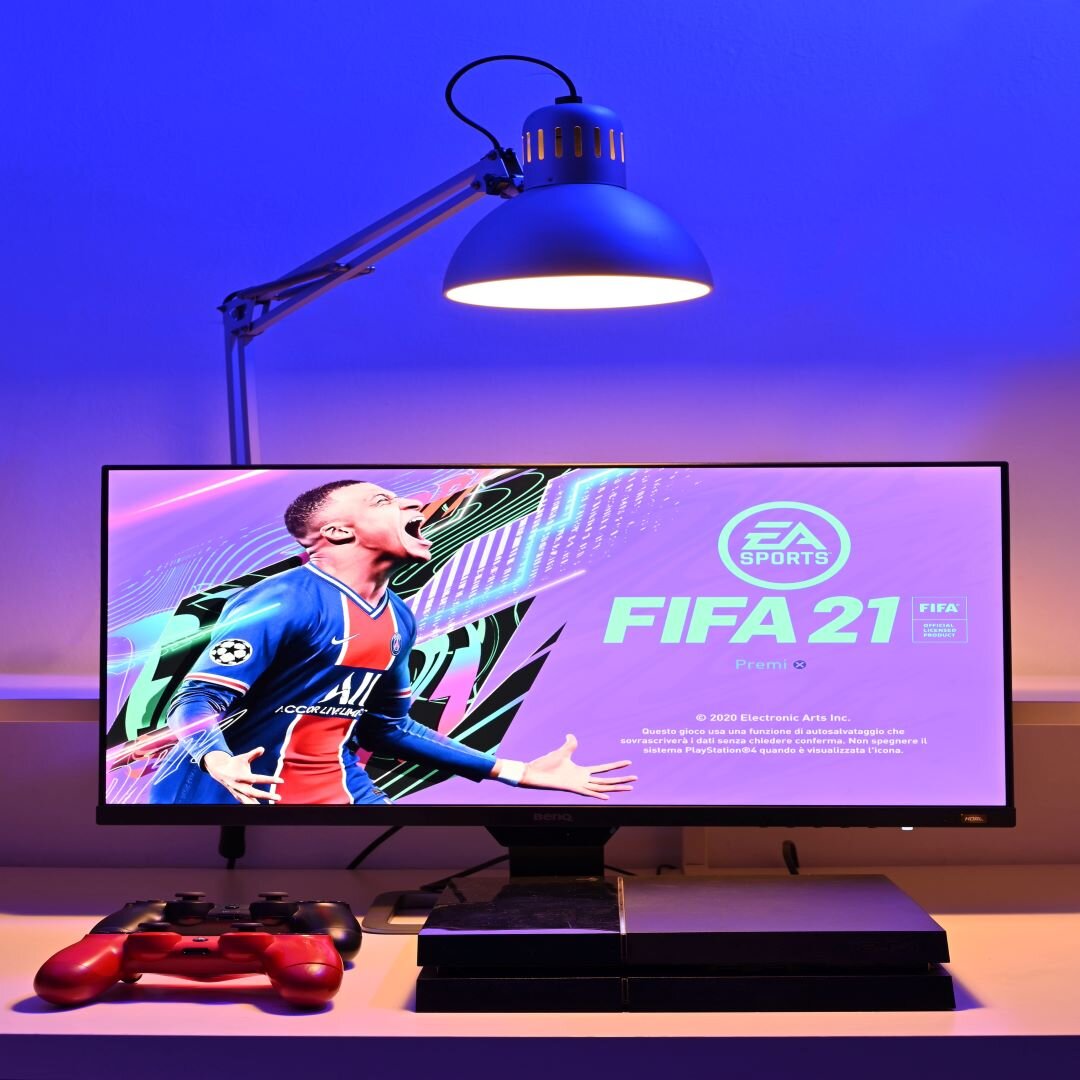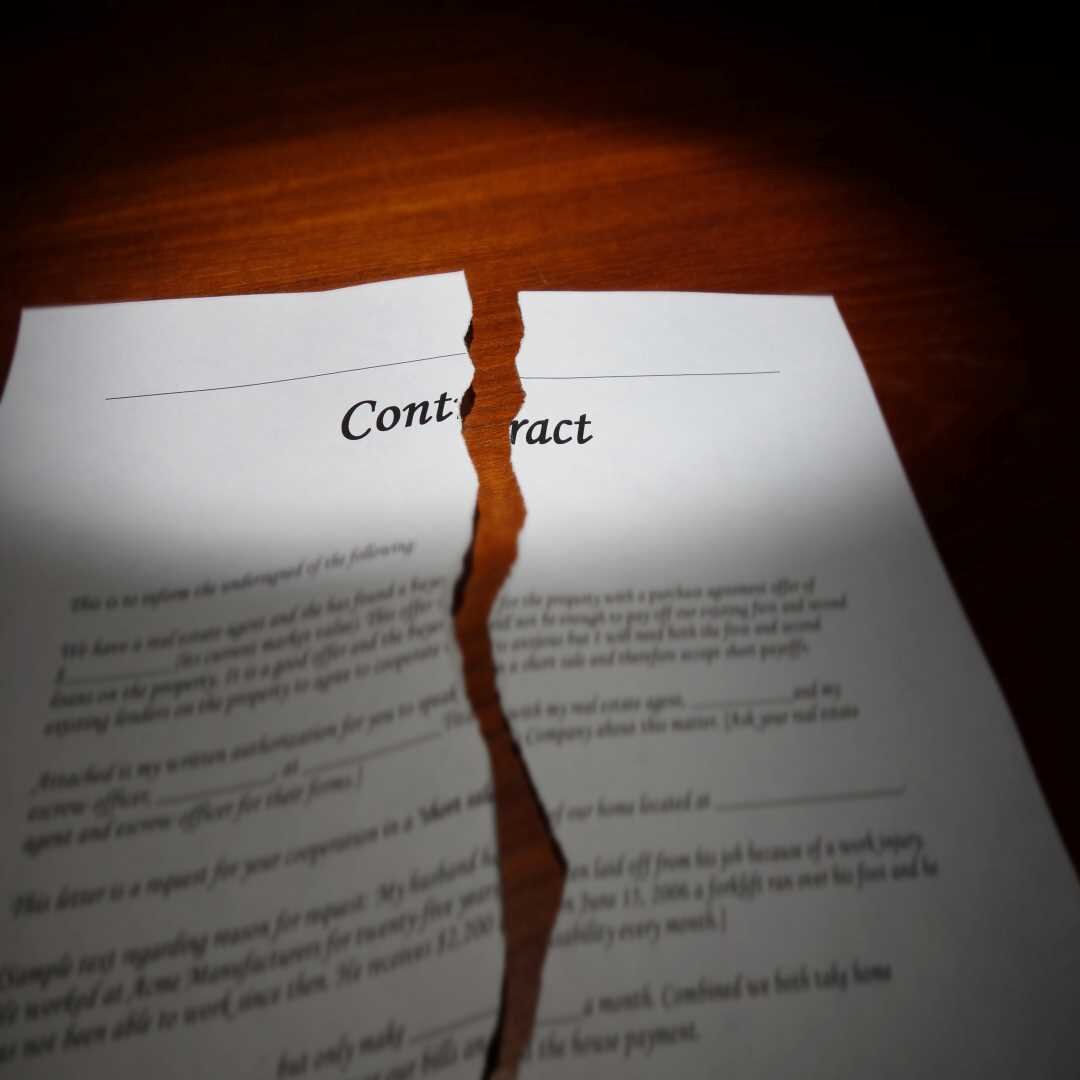
Latest News
Check out new updates
FIFA football agent regulations
FIFA's new regulations for football agents will come into full force on 1 October 2023, and from then on it will not be possible to act as an agent unless you have passed the exam or have been exempted from the exam due to licensing as a football agent from before 2015.
For players, clubs and agents, the new regulations involve major changes, and it is important for these groups to familiarize themselves with the changes in order to safeguard their own interests and to ensure that one does not violate FIFA's regulations, as this may result in sanctions from FIFA.
Dispute resolution in football
If a dispute should be handled by domestically, either by ordinary courts or domestic sports tribunals or by international sports tribunals, such as FIFA’s football tribunals, will primarily depend on whether the dispute has an international dimension. Many national football associations have established domestic sports arbitration systems, handling domestic sports related disputes, i.e. where all the parties to the dispute are based in the same country. A football dispute with an international dimension will normally be handled by FIFAs football tribunals.
FIFA and UEFA’s suspension of Russian teams from a legal perspective
On 28th February 2022, as a consequence of Russia’s invasion of Ukraine four days earlier, FIFA and UEFA decided to suspend all Russian teams from FIFA’s competitions. The far most important consequence of the decision was that Russia’s representative team was eliminated from the FIFA World Cup 2022.
The Court of Arbitration for Sport (CAS) rejected the Football Union of Russia’s request to stay
In a media release from the Court of Arbitration for Sport 18 March 2022, CAS confirmed that the President of CAS’ Appeals Arbitration Division had rejected the request filed by the Football Union of Russia (FUR) to stay, for the duration of the CAS proceedings, the execution of the FIFA Council’s decision to to suspend all Russian teams and clubs from participation in its competitions.
New Commentary Edition of FIFA RSTP
On 10 November 2021, FIFA released the awaited 2021 edition of its Commentary to the Regulations on the Status and Transfer of Players (RSTP). The new edition of the Commentary on RSTP will replace the first Commentary edition released in 2007.
FIFA Clearing House
The main aims of the FIFA Clearing House is to increase the transparency of the transfer system, to protect its integrity and reinforce solidarity mechanisms for training clubs. These aims are sought to be reached by establishing a clearing house that centralise, process, and execute all payments related to transfers, hereunder transfer fees, solidarity contribution, training compensation and intermediaries/agents’ fees.
Sports mediation
A cheaper, faster and less risky alternative to court proceedings and arbitration is sports mediation. Through sports mediation, it will be possible to achieve good solutions also in cases that involve several parties and have a high level of complexity.
Fast track procedures at the Court of Arbitration for Sport (CAS)
The nature of sport is such that quick resolution of disputes and disciplinary cases is essential, as an award would have little or no effect if not rendered quickly. Sports competitions and tournaments will not be put on hold to await the outcome of disputes or other legal processes, and such cases must be resolved quickly and fair. CAS has established fast track procedures that aims to reduce the time of a procedure in cases where that is essential, to meet these challenges.
Terminating a contract between a football club and a football player
A working relationship between club and player differs from ordinary employment in many ways. Contrary to ordinary working conditions, the parties bind themselves to each other for a period of time, where the financial consequences of breaking the contract could be significant. The condition that there must be just cause is based on Swiss labour law.
The football hierarchy in a nutshell
To fully understand the framework that FIFA and confederations, hereunder UEFA will, have to comply with when making decisions that affect football clubs, football associations, players and other stakeholders within the football family, it is necessary to have an understanding of the relationship between the parties.
Termination of a football coach’s contract
Within the sports industry, few, if any, jobs are as vulnerable as the job of the football coach/manager. A study conducted by RunRepeat in December 20202 showed that averagely coaches and managers for clubs in the top five leagues in Europe last between 35 and 69 matches before they are replaced. The same study shows that less than ten percent of the football coaches and managers leave after the end of the contract
EA Sports and players’ image rights in “FIFA”
Tweets from Zlatan Ibrahimović and Gareth Bale, two of the biggest stars in football, indicate that EA Sports use their names and images in the “FIFA” video game without permissions. The tweets give rise to the question of what right EA Sports has that allows them to use the two football players’ image rights such as names and physical likeness in the “FIFA” video game.
Training compensation when signing an amateur player in the EU and EEA
Training compensation has become an important source of income for many football clubs. FIFA’s global transfer market report for 2019 revealed that football clubs received a total of USD 12.2 million in training compensation from international transfers in 2019. However, there are certain obstacles that in practice prevents developing football clubs from being able to claim training compensation, in particular within the European Union (EU) and the European Economic Area (EEA).
FIFA protects football coaches and female football players
In a statement published 19th November this year, FIFA announced that the FIFA Council are set to approve two sets of reforms that aim to strengthen the positions of football coaches and female football players. The proposed regulations were endorsed by the FIFA Football Stakeholders Committee (FSC) at its meeting 18th November this year and is expected to be approved by the FIFA Council in December.
Unilateral termination of a football player’s contract
The consequences of terminating a contract will depend on whether there is just cause, or possibly sporting just cause, or not, and whether one is within the protected period of three / two years. Both the player and the club may be liable to pay compensation and could even risk sporting sanctions.
FIFA’s decision-making bodies
FIFA’s decision-making bodies consist of The Players’ Status Committee (PSC) and the Dispute Resolution Chamber (DRC). PSC and DRC offer arbitration in international disputes between member associations, clubs, players and agents/intermediaries, regulated in FIFA's transfer regulations, Regulation on the Status and Transfer of Players (RSTP).
Disciplinary procedures in international football – FIFA’s and UEFA’s judicial bodies
The FIFA and UEFA disciplinary bodies and the Court of Arbitration for Sports (CAS) handle alleged breaches of a wide range of cases, including breaches of competitions regulations, regulations on protection of minors, third-party ownership (TPO), match-fixing, doping and the enforcement of decisions passed by other judicial bodies.
FIFA’s annual report for its Disciplinary Committee and Ethics Committee
For the first time, FIFA has published an annual report regarding the activities of the FIFA’s Disciplinary and Ethics Committees. The reports contain information about activities for the season 2019/2020, and was published alongside a similar report on FIFA’s anti-doping activities. The publication of the reports can be seen in connection with FIFA’s aim to improve the transparency of its legal proceedings and internal mechanisms.
Match fixing: Three Laos football players banned for life by the AFC Disciplinary and Ethics Committee
The Disciplinary and Ethics Committee of The Asian Football Confederation (AFC) has banned three Laos football players for life, following match-fixing.
Trabzonspor lost appeal - banned from Champions League
The Court of Arbitration for Sport (CAS) has in a statement confirmed UEFA's decision to ban the Turkish club from UEFA tournaments for one year.




















